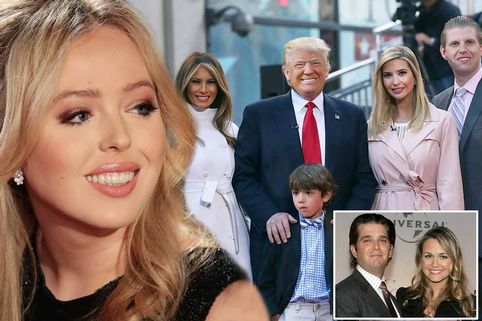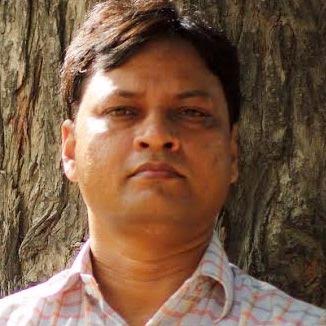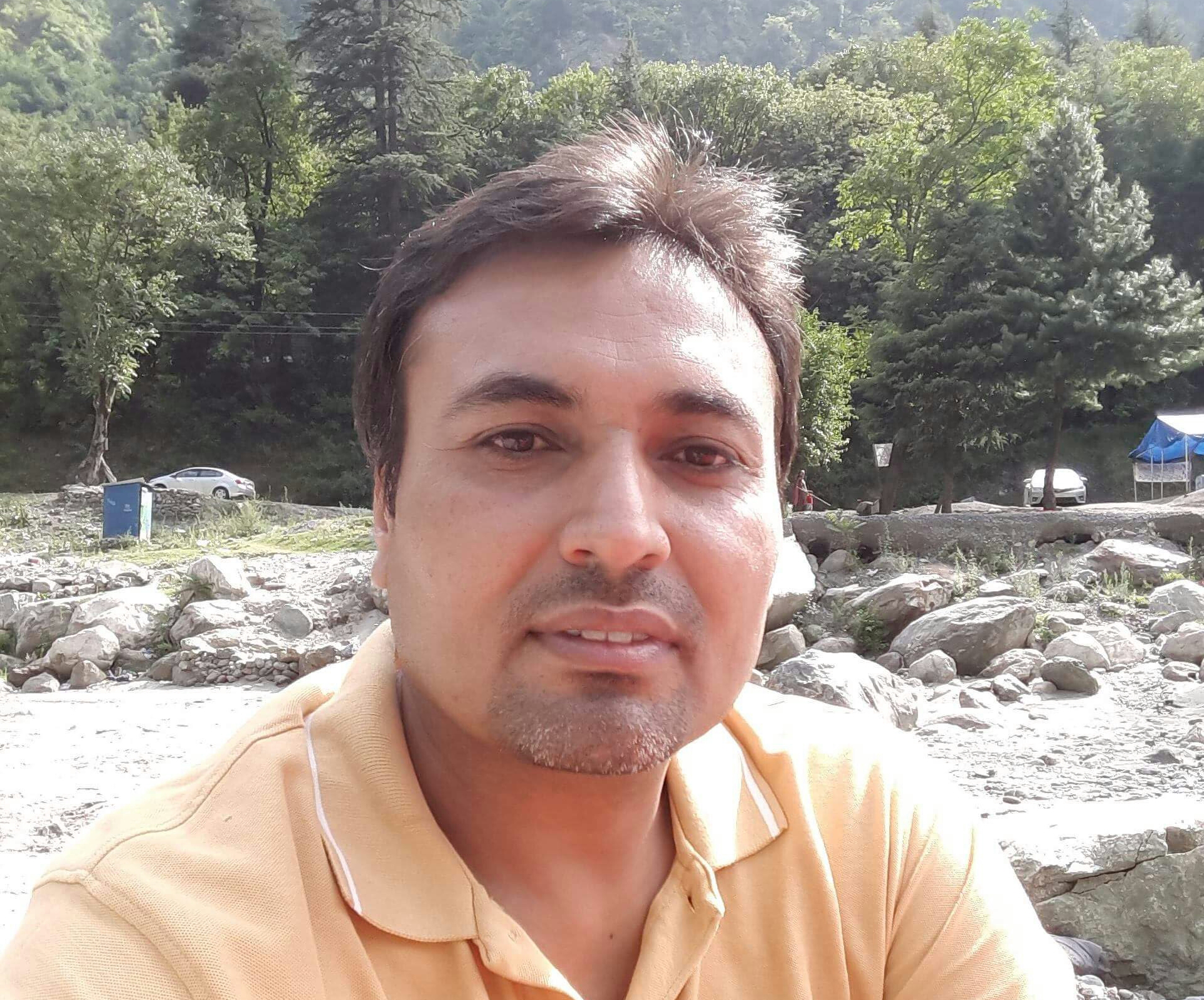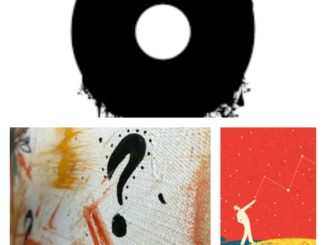
Edited & excerpted, Yasser Chattha (by Nora Caplan-Bricker)
After considerable effort, President-Elect Donald Trump managed to find a musician to serenade him at his upcoming inauguration. Elton John, Céline Dion, and even Trump’s old pal Paul Anka may have turned him down.
But had Trump shown interest in another lyric tradition from inaugurations past, he might have had even more trouble finding an artist to fulfill it. Unlike Barack Obama, Trump has not, consecrated his entrance to the nation’s highest office with the help of an inaugural poem.
If the absence of a poet at this week’s ceremony symbolizes a literary gulf between Trump and Obama—who quoted June Jordan on the campaign trail and Harper Lee in his farewell address—it’s also not an unusual omission.
Only three (and a half) presidents have asked poets to perform this service. The first was John F. Kennedy, who invited Robert Frost, in part as a thank-you for his vocal support. Frost famously wrote a new poem, “Dedication,” to honor the day but ended up reciting an old one, “The Gift Outright,” from memory: The sun glared so brightly off the freshly fallen snow on Jan. 20, 1961, that the 86-year-old Frost couldn’t discern the words he’d written on the page.
The next president to mark the solemnity of the occasion with poetry was Jimmy Carter, who asked James Dickey to read not at the ceremony but at the gala following it in 1977. More recently, both of Bill Clinton’s inaugural ceremonies featured poets—Maya Angelou and Miller Williams—as did both of Obama’s, with Elizabeth Alexander contributing a poem in 2009 and Richard Blanco doing so in 2013. One assumes Hillary Clinton would have continued the custom.
In other words, since JFK, every Democratic president except Lyndon B. Johnson has invited an inaugural poet. Not a single Republican has.
Appreciation of belles-lettres was once fairly bipartisan, as the critic Steven Kellman has written: No list of the most literary presidents is complete without Abraham Lincoln or Theodore Roosevelt, both Republicans (at least until Roosevelt founded the Progressive Party in 1912).
In recent times, however, an association has grown between poets and the American left, perhaps stemming from the artist’s self-conception as an “adversary of power,” Kellman, a critical, told that the GOP, at least until the rise of the Tea Party, often spoke for “the establishment and the status quo.”
The establishment, of course, was unpopular across the political spectrum this cycle. The divide between poets and the party peddling nostalgia for our glorious past—which is itself the perennial subject of art—may have more to do with the political right’s ever-increasing disdain for intellectual culture and basic knowledge. “Those of us who use words professionally have a certain stake in the truth,” former U.S. poet laureate Robert Pinsky told the Associated Press last week, explaining why he and other poets—including fellow former laureate Rita Dove—are protesting the inauguration with “Writers Resist” rallies around the country. “It’s hard to think of anything more important.”
Conservatives’ hostility toward academia—which provides a home and a paycheck for many contemporary poets—is part and parcel of this ideological strain. No one embodies this better than Trump, who communicates largely in sentence fragments and whose trademark contribution to the world of culture was the weekly fiat “You’re fired!” (He also happens to be the first president in 25 years without an advanced degree.)
Inaugural poems of the past have tended to celebrate the nation, its history, and the gravity of the occasion. “Say it plain: that many have died for this day,” reads Alexander’s stunning poem for Obama, “Praise Song for the Day.” “Sing the names of the dead who brought us here.” Trump might prefer an ode to his many fine qualities—but if he decides to commission one, he’ll find that a number of prominent poets are already on the record vowing never to take part in his inauguration.
In response to an informal poll from the Boston-based literary journal Ploughshares in August, Robert Hass, another former poet laureate, wrote that he would tell Trump’s staff: “I am not able to read my work at the Inauguration as I am currently quite unstable—delicate, deranged and dangerous. But perhaps Ivanka herself could read a poem by Emily Dickinson called ‘My life had stood a loaded gun,’ one of my Second Amendment favorites.”
Even if poets have every reason to be resistant, however, it’s possible that this winter we could benefit more than ever from an inaugural poem. “We encounter each other in words,” Alexander writes in “Praise Song.” By politicizing poetry, alongside so much else, Republicans have left us with one fewer place to encounter each other.
His facial expression says it all.
His facial expression says it all.
Courtesy: slate.com





